Kindness can be inspiring. Andrew Ahn, the director of ‘Driveways’, as interviewed by Piotr Czerkawski
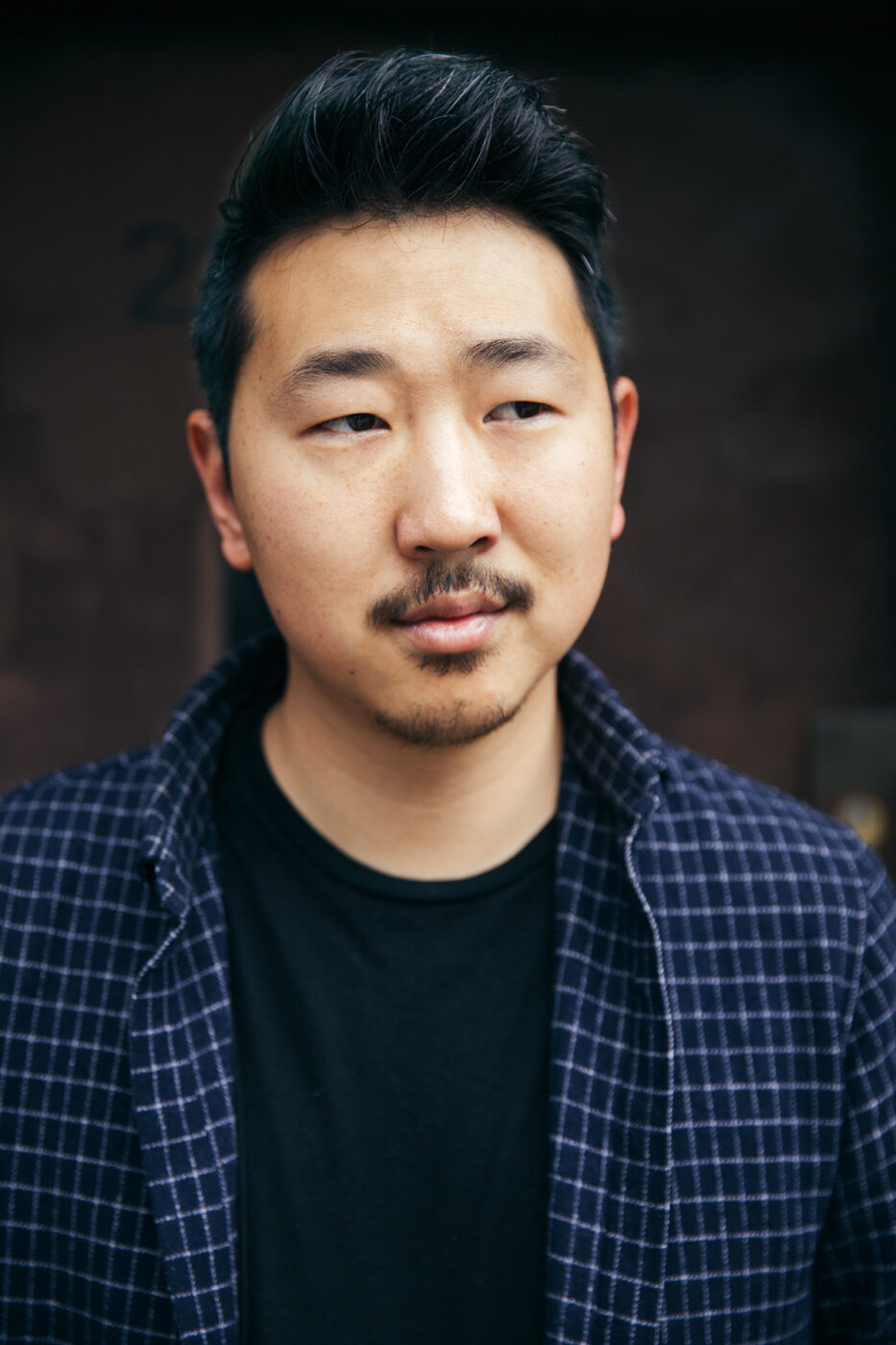
Piotr Czerkawski: You have allegedly convinced the producers of ‘Driveways’ to make the main characters, Kathy and her son Cody, Americans of Asian descent, contrary to the screenplay. Why was this so important to you?
Andrew Ahn: The root cause was a bit selfish – I am an Asian American myself, so I know this world better than anyone else. But there were other motivators, too. It is clearly stated in the screenplay that Kathy and Cody feel a certain mismatch to their surrounding reality. I felt that Asian origins would be a factor that would highlight this otherness even more. Besides, and here we come back to my selfishness, I just really wanted to work with Hong Chau, who played the role of Kathy and had previously played in ‘Inherent Vice’, ‘Downsizing’ and the ‘Big Little Lies’ series, among others. I am glad that Hong, whom I consider to be one of the best actresses in Hollywood, agreed to take the role because I like it when Asian Americans support one another.
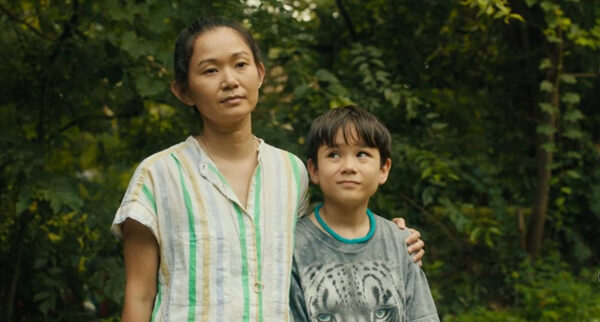
You are probably getting quite good at supporting one other, as films involving Asian Americans are becoming increasingly popular. I mean films like ‘The Farewell’ or even ‘Crazy Rich Asians’, to name just a few.
That is all true, but there’s still a lot to be done. Among Asian Americans, there are many very talented filmmakers, whose work does not break through to get a broader appeal. I hope that this will change in the near future and that the audience will become more courageous and give smaller productions without a huge budget and big stars in the cast a chance. Perhaps the new Oscar regulations, which in theory are intended to support minorities, will play a role in this process, but I try not to think too much about it.
Why?
Prizes are a trap. If you make your satisfaction from the film contingent on how many statues you have won, you are finished. I prefer to enjoy other things, like working with talented actors.
In that case, let’s go back to Hong Chau for a moment, because I share your admiration for her talent. Playing Kathy, she managed to bring out an intriguing contradiction from this character. The protagonist seems both rough and very fragile.
Hong has indeed given her character depth and authenticity. During the screenplay analysis process, we came to the conclusion together that Kathy is generally quite a tough person, but we get to know her in overwhelming circumstances. The protagonist has to deal with her sister’s death, clean up the house after her and raise Cody on her own all this time. Such situations can really get to you, and Kathy still tries not to show it because she wants to stay strong for her son.
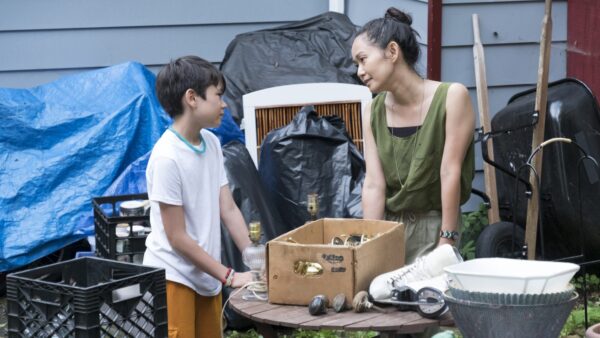
Up to a certain point, the mother seems like the whole world to Cody. Later, however, a neighbour appears in his life – Del, a war veteran. What is the secret of the bond that is forging between the protagonists, who at first glance differ in almost everything, their age and life experience in particular?
Cody and Del have similar characters – they are outsiders who prefer to stay out of sight. Above all, however, they are good observers and can recognise good, trustworthy people in each other. There’s a scene in ‘Driveways’ – probably my favourite in the whole film – where Cody and Del sit on the porch, eat popcorn and read newspapers. Nothing seems to be going on in it, but it just takes a moment to feel that we’re watching two best friends who feel perfectly at home with each other.
However, the beginnings of this beautiful friendship are difficult. When we meet Del, he has a cap with the inscription ‘Korean War Veteran’ and looks a bit like Walt Kowalski’s twin brother from ‘Gran Torino’.
I’m glad you mention it because my film is often compared to ‘Gran Torino’, which I completely disagree with because I operate in completely different emotional registers than Clint Eastwood. If anyone has inspired me in the shooting of ‘Driveways’, it is the creator at the antipodes of his sensitivity – Yasujirô Ozu.
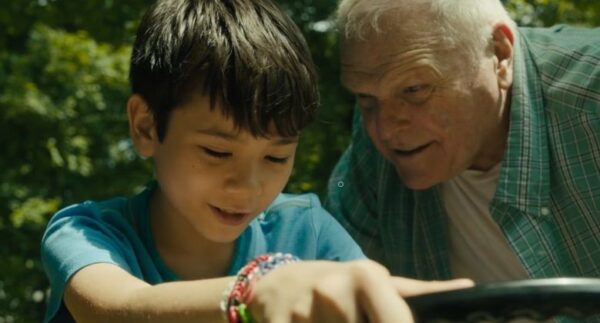
Although Del ultimately turns out to be much nicer and more tolerant than Kowalski, the protagonist of ‘Gran Torino’ has a feeling that veteran status is an important part of his identity.
That’s true. To better understand Del, I would go to Veterans of Foreign Wars meetings and talk to many participants. I also read articles and interviews with veterans who talked about what their lives were like when they came back from the front. At the same time, I wanted Del to be defined by something more in the eyes of the audience than just a veteran’s status. I wanted to present him as an experienced man full of life’s wisdom, so I also built this character on the basis of conversations with my older friends or relatives. But what proved the most valuable input was the discussions with actor Brian Dennehy, who – on my request – enriched Del’s character with his own experiences and did it really beautifully.
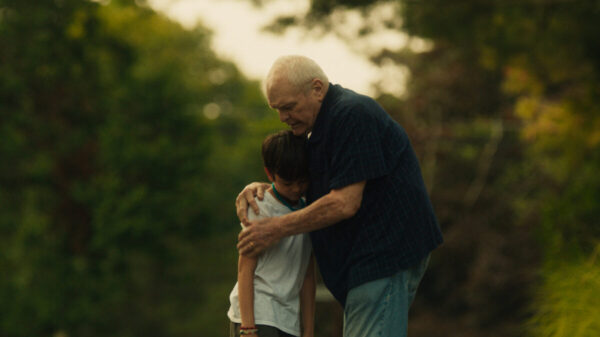
Dennehy, who unfortunately died in April 2020, was a very experienced actor, known for such classics as ‘Rambo’ and ‘Legal Eagles’. Was it difficult to persuade him to play Del?
Fortunately not – he agreed immediately after reading the screenplay. Otherwise, I have no idea what I would have done, because Brian was my first and only choice for this role. I was convinced that no one else would be able to play Del with the same intensity and delicacy as Brian.
The audience of the Ale Kino! Festival will watch ‘Driveways’ already knowing that Joe Biden defeated Donald Trump in the presidential election. In this context, do you think that your film about the friendship of a young Asian American with a Korean war veteran can be seen as a herald of a future in which American society will become a little more united?
Of course, I did not think about it that way when I made the film, but I believe that the generosity and kindness that Cody and Del are showing to each other can be inspiring for many viewers. To change reality, however, you have to do more than just watch films. The problems are so serious that our society is about to experience many years of protests, strikes and exerting pressure on politicians. Biden’s victory gives hope that it will be a little easier to achieve the goal. I believe that this optimism will not result in indolence, but, on the contrary, will bring energy for further fight.


